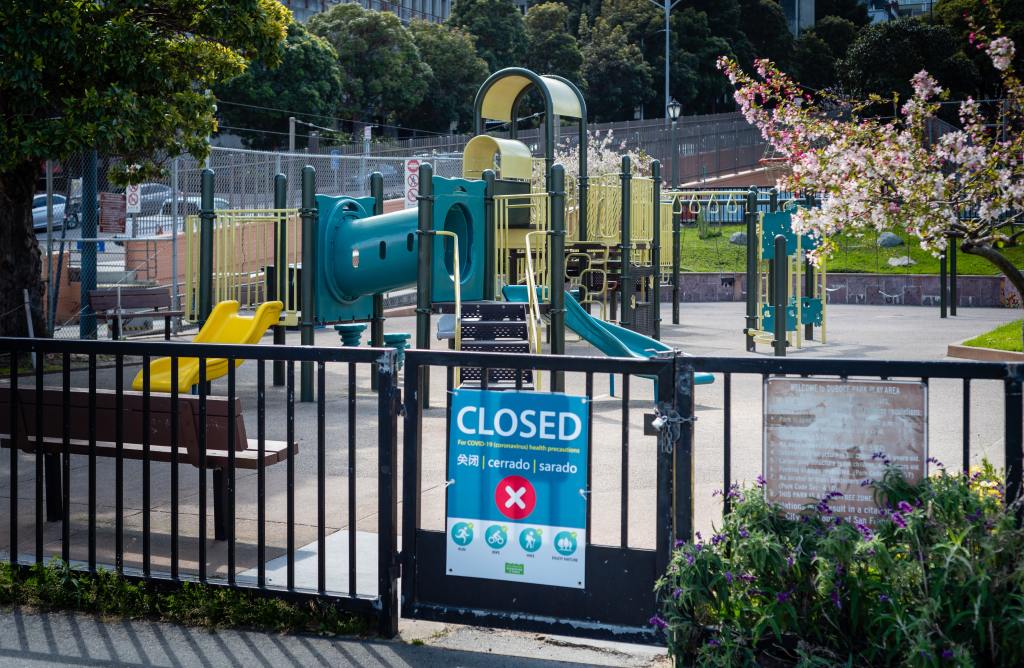Of Majority Rule and Minority Freedom
November 23, 2021 1 Comment
Photo by Davide Ragusa on Unsplash
The majority rules, the minority be damned. That is the heart of a democracy. The Founders of the United States wisely chose a different course. They recognized that popular majorities are inherently unstable, ever shifting, never constant, with little patience for the minority. Each of us, however, is always and ever part of some minority. The Founders sought a durable nation that would accommodate variety, so they established a republic. More precisely, they established a democratic republic, where representatives are chosen by democratic action.
A republic works, and can only work, by respecting and accommodating one another sufficient to find agreement, which is often elusive. A representative legislature by definition gathers delegates who have their own minds, who carry with them divergent views and interests, and who cherish rights to be respected. From my personal experience I have observed that no one in Washington is your ally or your opponent all the time. I find that reassuring, and occasionally surprising.
This structure accommodates several things that we hold dear. Our republic accommodates differences of opinion, or even better said, varieties of opinion. I have rarely been in a conversation with more than two people where all were in agreement on every point raised. I have similarly rarely been in such a conversation where I did not benefit from the interplay of ideas. We often can reach a consensus, but it is not consensus on all things. A republic embraces this.
In a republic no majority mandates our tastes. Our republic, for example, allows for an assortment of cultures. It had to or would never have been created. I like to bring flags to our family reunions, symbolizing our cultural heritages, from my parents’ families to those of the new in-laws as our children have married. With preeminence for the Stars and Stripes—reminding us of the attraction of this nation—our family unity makes enjoyment of those cultural influences an enrichment, in our clothes, in our menus, in our games and sports, in our traditions. I see that in other families. In much the same way, the constitutional foundation of our republic fosters a commonality upon which a cornucopia of good things thrives.
A republic requires several things that we find necessary, embedded in our Constitution. It requires freedom of religion, free speech, private property, a market economy, separation of powers, a federal system of government, among other things. God Himself implores freedom of religion on His earth, free hearts with devotion to be freely extended to Him and expressed in love to His children. A market economy means that we are free to exchange our time, talents, and resources with one another, without being limited to choices that only the majority favors, hence the incredible selection of goods and services, often some only favored by a few (like my argyle socks).
The Founders understood a principle of governance also articulated in scripture:
“We have learned by sad experience that it is the nature and disposition of almost all men, as soon as they get a little authority, as they suppose, they will immediately begin to exercise unrighteous dominion.” (Doctrine and Covenants 121:39)
Best to reduce the chance, especially should one profess to represent the majority of the people. Safer, as in our federalized republic, to divide such power. I recall Senator Phil Gramm, for whom I worked for many years, saying how frustrated he was when first elected to Congress at how little one person could accomplish in Washington. He added that after a while that gave him great comfort.


